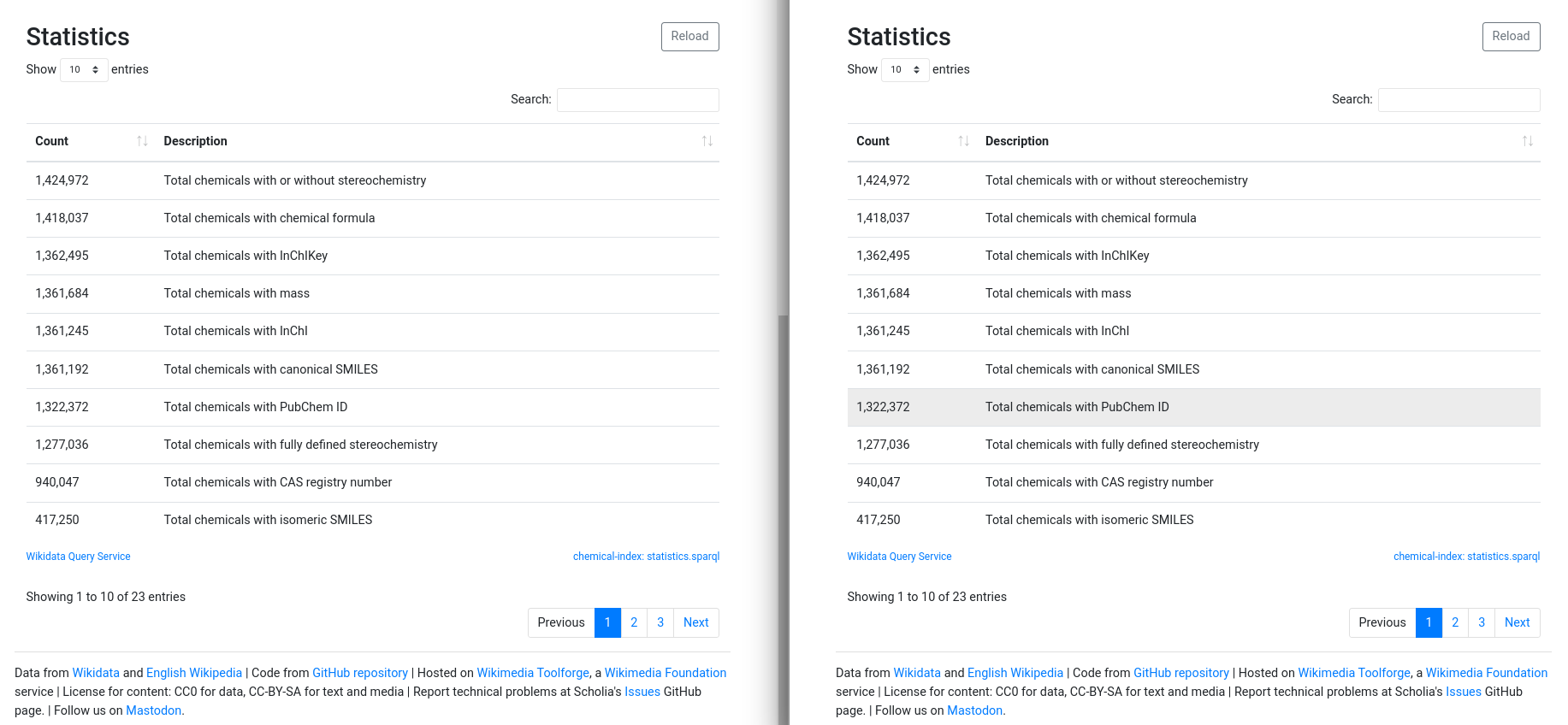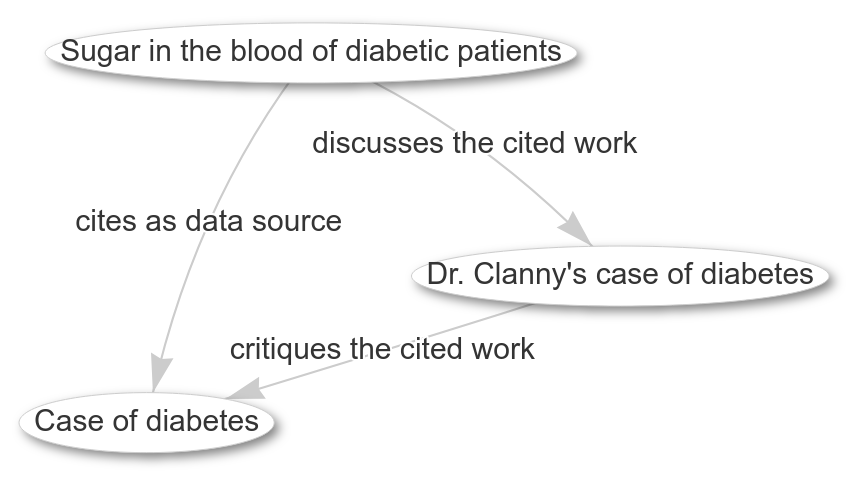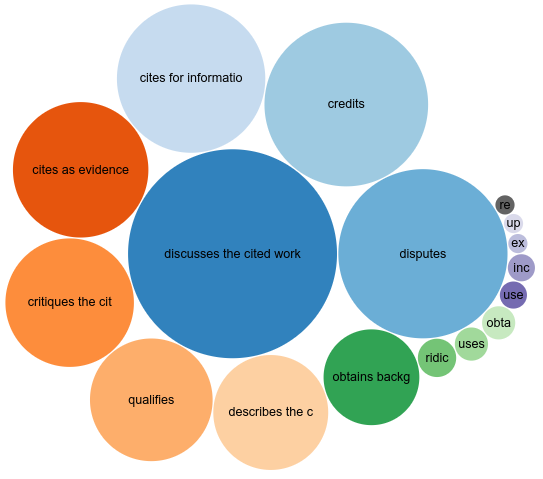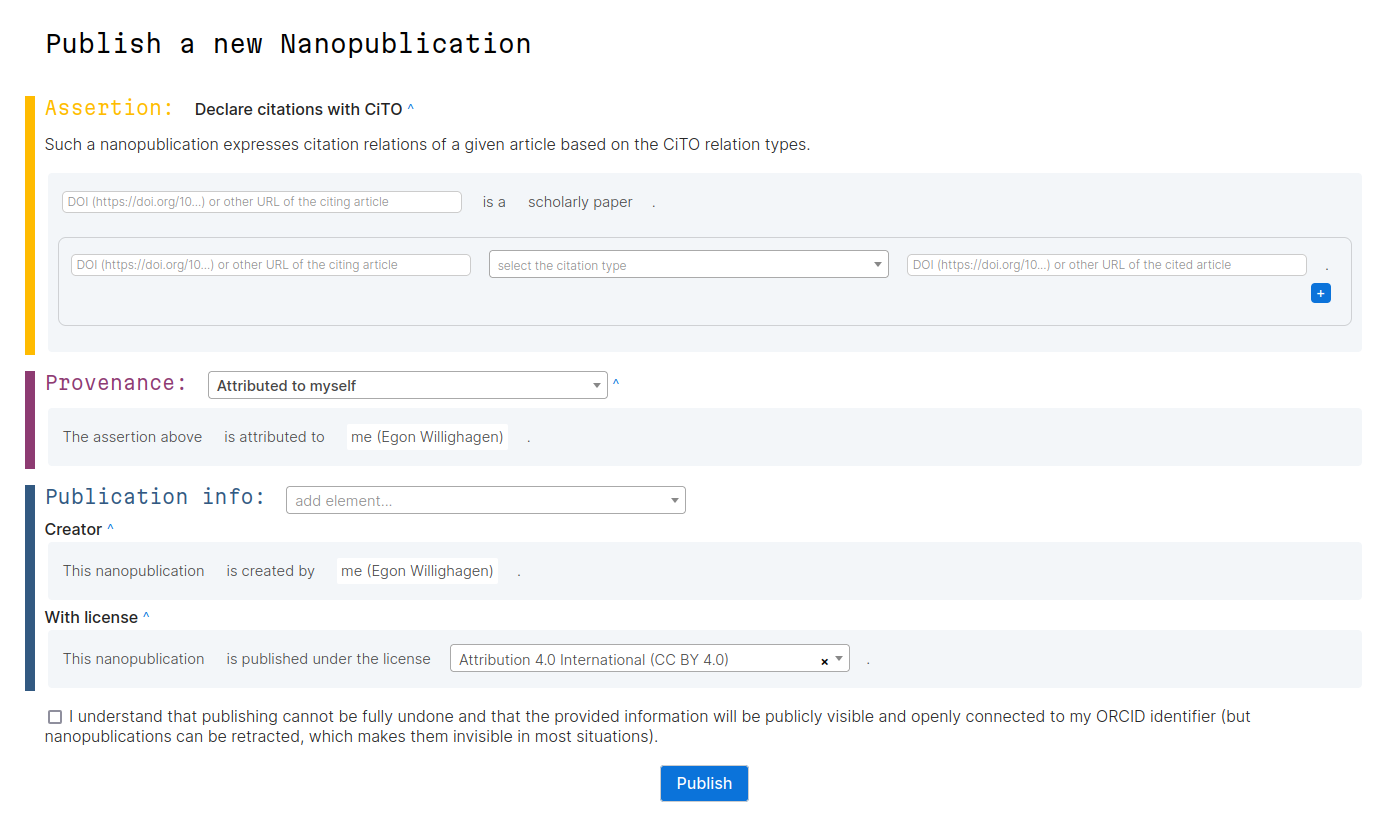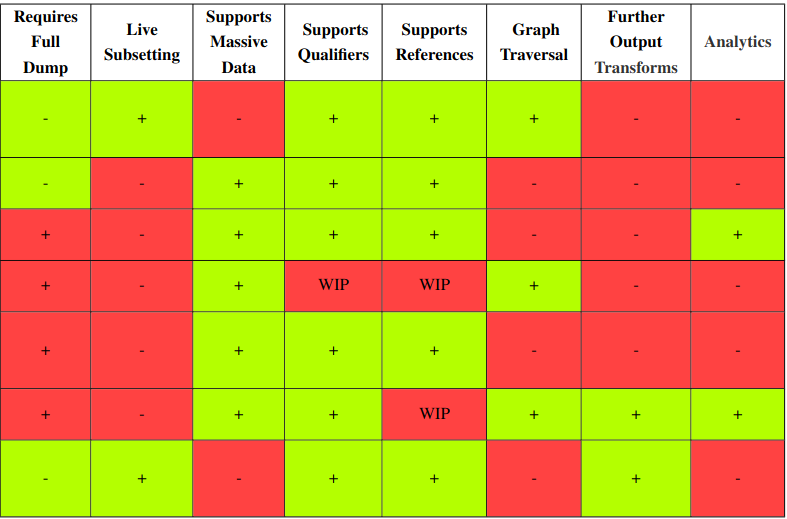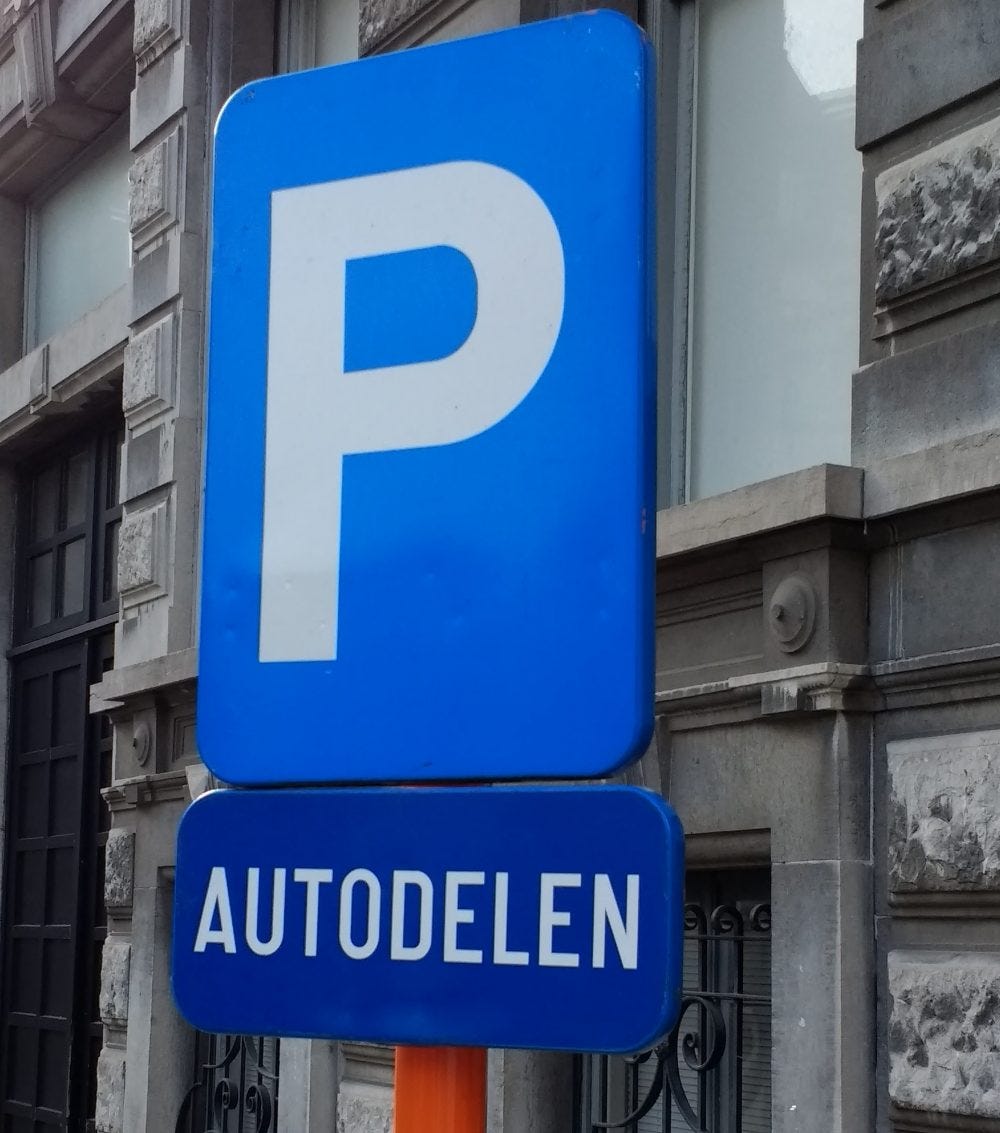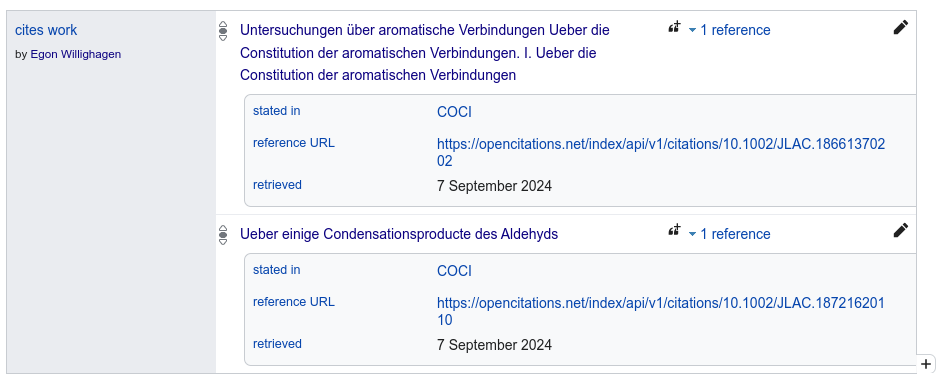
Scholarly articles provide context to the factualness of statements in Wikidata, similar to the [citation needed] in Wikipedia. And just like the cited references in each scholarly article itself. The citation network is general seen as an essential part of (doing) science, even without citation intention annotation.
